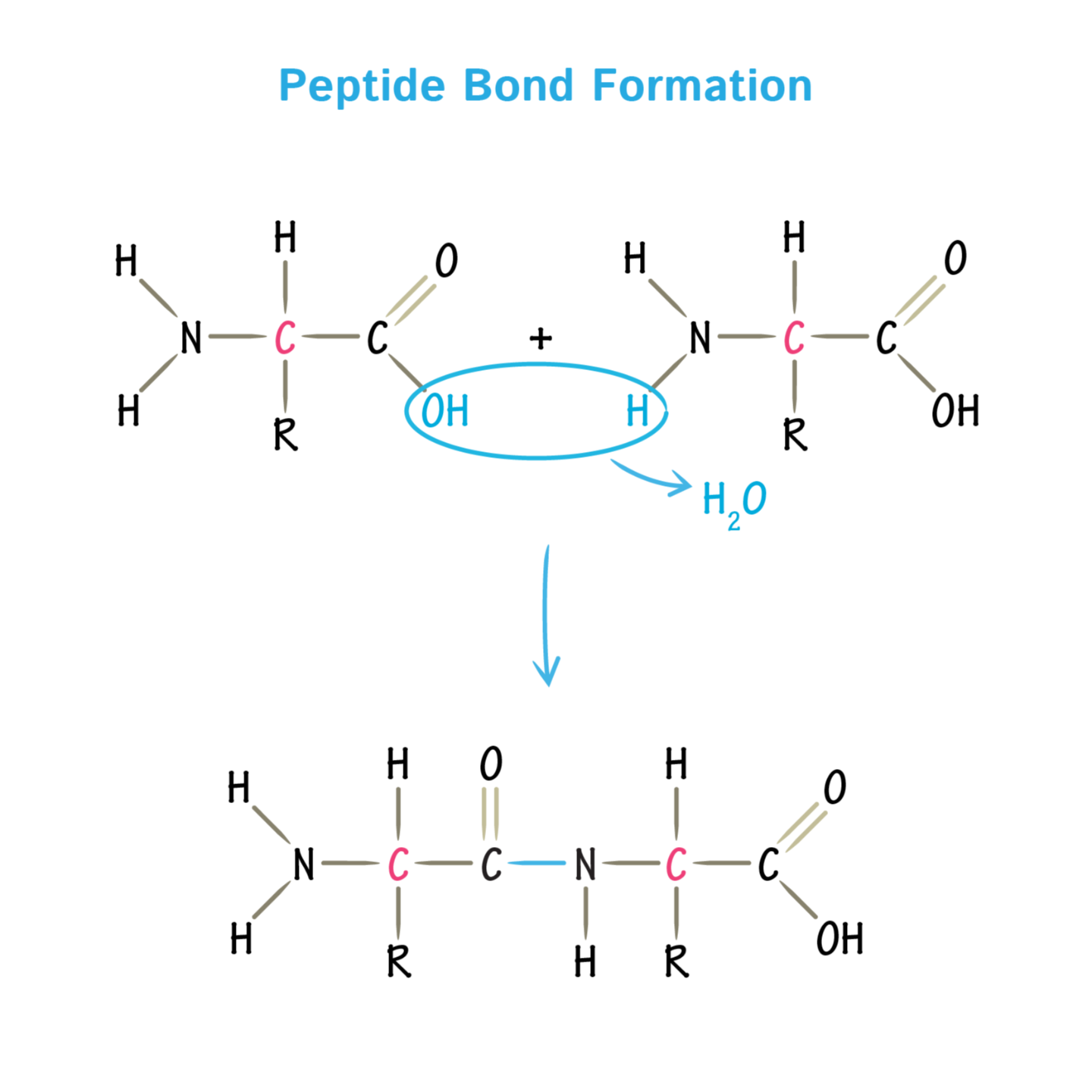A BRIEF HISTORY OF PEPTIDES

1921 – Discovery of Insulin
Peptides entered modern medicine with the discovery of insulin, the first therapeutic peptide. This breakthrough transformed diabetes care and set the foundation for peptide-based drug development. It was a defining moment that illustrated how peptides interact with the body in precise and powerful ways.
1923 – Insulin Becomes Widely Used in the U.S.
By 1923, insulin was widely available across the United States. As one of the earliest examples of a biologic therapy, its adoption solidified peptides as a legitimate, scalable tool in clinical medicine—offering relief and stability to millions of patients.

1950s–1970s – Rapid Growth in Peptide Research
Over the following decades, scientific advancements enabled researchers to isolate and synthesize other functional peptides like oxytocin, vasopressin, and growth hormone-releasing factors. These discoveries expanded the medical understanding of how peptides could regulate mood, stress, fertility, metabolism, and more.
During this time, peptides also became a core component of medical protocols in Eastern Europe and Russia, where many of the modern-day peptides have been used in clinical settings for decades. Physicians in those regions began using specific peptides to support tissue regeneration, immune modulation, and brain health—laying the groundwork for the clinical models now seen in many integrative longevity practices worldwide.

2000s – FDA Approves Dozens of Peptide-Based Drugs (including GLP-1s)
In recent years, peptide therapies have gained broad clinical recognition for their safety and selectivity. More than 80 FDA-approved peptide drugs now exist, many of which target cancer, metabolic disorders, hormone imbalances, and immune dysfunction.
- 2005: FDA approval of the first GLP-1 agonist for type 2 diabetes.
-
2014: Saxenda becomes the first GLP-1 approved specifically for weight loss.
-
2017: Ozempic, a Semaglutide, is approved for type 2 diabetes.
-
2021: Wegovy, a higher dose of Semaglutide, is approved for chronic weight management.
Today – Integrative Medicine & Longevity Clinics
Today, peptide protocols are used in progressive healthcare around the world, especially in functional medicine and longevity practices. Clinicians are using peptides to address cognitive clarity, weight management, immune resilience, recovery, and aging—tailored to the unique needs of each patient.
Ready to explore what peptides can do for you? Schedule a consult and we’ll guide you every step of the way.
BOOK YOUR FREE CONSULT TODAYSafety is our number one priority.
Our Process Includes:
-
Pre-treatment lab testing to establish baseline health markers (we only work with vetted labs that utilize third-party testing to ensure purity and accuracy)
-
Monthly symptom check-ins to monitor progress and catch any side effects early
-
Bloodwork analysis to ensure treatment effectiveness and patient safety
This layered approach allows us to make data-informed decisions, tailor protocols in real time, and ensure each patient responds safely and appropriately.
Applications of Peptide Therapy
Our clinic uses clinically guided peptide protocols for a variety of functional goals:
Cognitive clarity, mood, and focus
Metabolic support and fat loss
Injury recovery and inflammation control
Sleep optimization and energy


